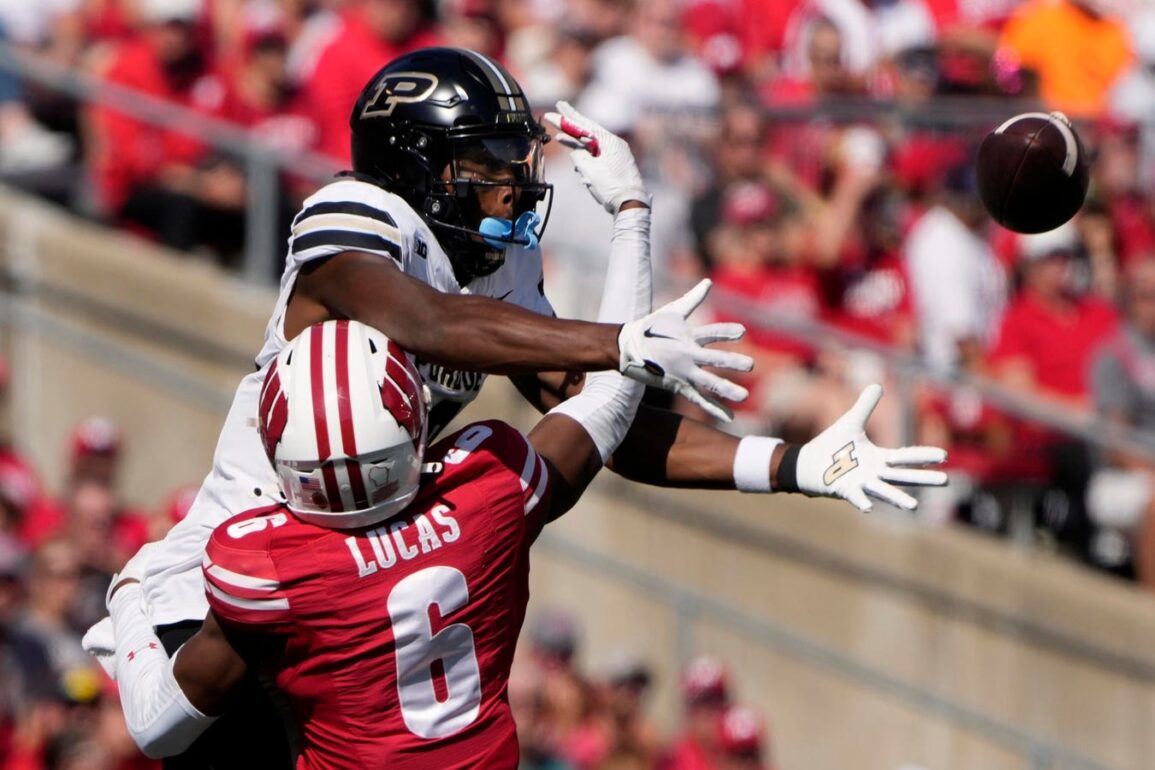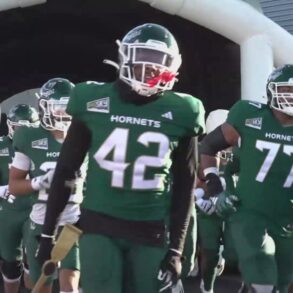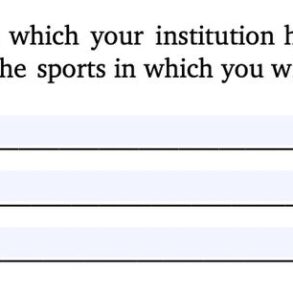
The latest shockwave to hit college football may come from private equity. As billions of dollars in TV revenue have flooded into Power Four football and top players are able to bring in six and seven figure name-image-likeness (NIL) deals, it’s impossible to ignore the fact that college football is a business. Big business.
These are professional student athletes, and the teams are major sports franchises. But, at the same time, it’s an industry that is being heavily disrupted. In other words, college football is a ripe hunting ground for hedge funds and private equity.
We’ve arrived at this point because of a potent mix of explosive growth and poor leadership. The NCAA has fumbled repeatedly during the NIL transition, and most athletic directors are ill-equipped to run businesses generating tens of millions in revenue annually.
For proof, look no further than two clear examples:
- The ridiculous contracts that are regularly given to college football coaches. No one with any business sense would allow a major executive to lose repeatedly and then walk away with a multi-million dollar bonus buy-out, but this is something that happens regularly in Power Four football. Agents run circles around most athletic directors when it comes to things as basic as employment contracts.
- Let’s explore the case of Xavier Lucas. He’s the latest athlete to test the limits of the NIL system. The cornerback originally committed to play for Wisconsin, then transferred to Miami after one season, despite never putting his name on the transfer portal. The fact that there’s now a dispute over whether this is allowed, as opposed to a clear set of rules about when a player can or cannot transfer as would be the case in a professional sports league, is further evidence of the lack of business know-how in college athletics.
This deficit, coupled with an explosion of revenue, creates an opportunity for savvy institutional investors to get in on the action by actually owning a college football program. This is virtually guaranteed to happen at some point in the near future, and the results will be a cautionary tale to the rest of college athletics.
While many in college athletics may scoff at this idea, it’s entirely plausible under current conditions. Investors are already out pitching to schools and conferences. The Big Ten Conference is already taking bids with an assist from Evercore.
In all likelihood, the first university to sign a major deal will likely be a smaller Power Four football program. While the biggest programs will have no problem paying players and putting together big NIL packages, smaller schools will likely struggle to be competitive. This is the opening that a firm needs. They’ll approach one of these smaller programs with an offer of $150 million (or more) for 51% of the say in how they run their football program.
For an AD with little business experience trying to put together a winning program, this will look like a good deal. Cash up front to build a team and a promise from the guys in suits to juice revenue in the future. The problem, of course, is that as soon as this deal is done, revenue growth will become the only priority. The investors won’t balk at putting in their own athletics director and putting profits ahead of players, education, fans, and the institution. That’s a horrible, horrible long-term decision for the university, but it’s entirely plausible.
What would it take to insulate college athletics from these forces?
For one thing, the D1 revenue sports need to spin off from the NCAA so that they can establish common sense rules around revenue sharing, pay-for-play, binding contracts, transfer rules and a salary cap. For another, university’s need to get smart quick on the world of professional sports. They can’t wait until a deal’s put in front of them to have their own experts in house. They need to start hiring people who can run their football programs like a business now.
Private equity definitely has an interest in college sports, and college football is a business, but that doesn’t mean that it has to lose its soul in the name of profit. Instead, it needs smart, responsible people ready to make some tough decisions. That’s the only play that counts.
This post was originally published on this site be sure to check out more of their content.








